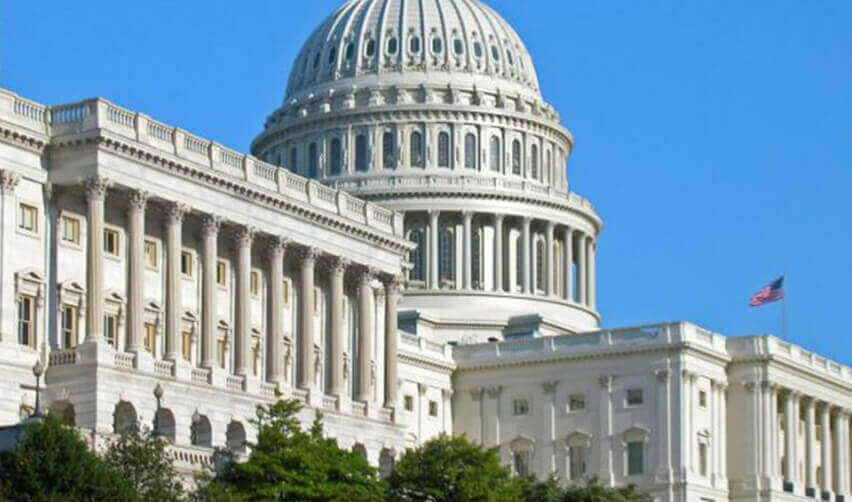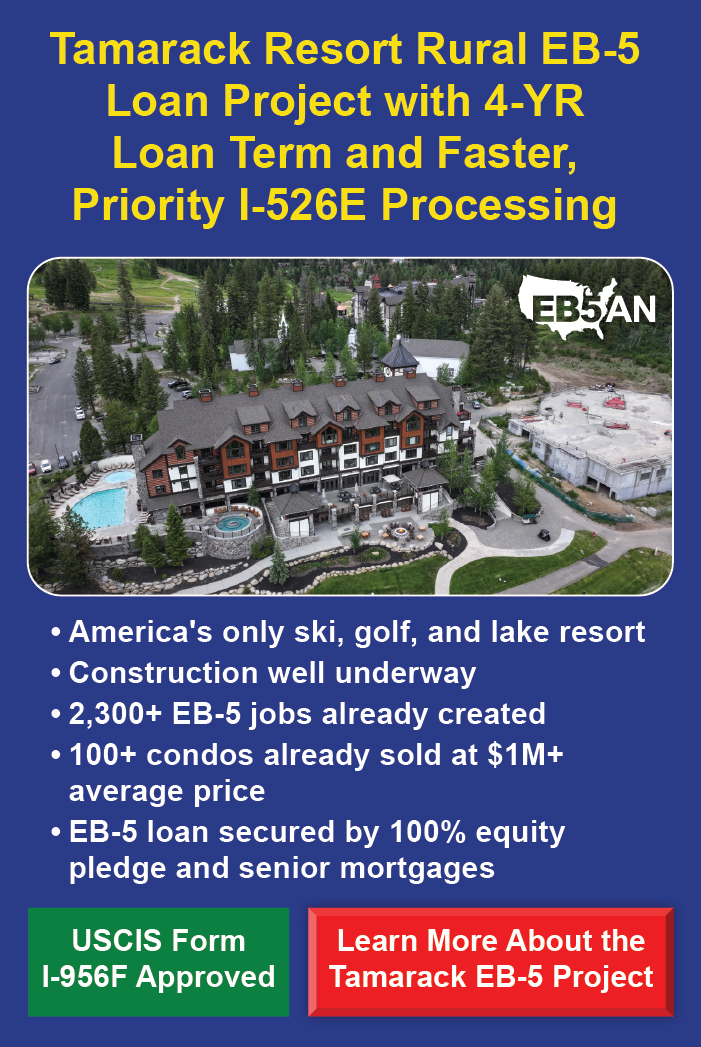A comprehensive EB-5 modernization bill has been introduced in the U.S. Senate by three Republican senators who aim to strengthen the EB-5 Immigrant Investor Program.
The proposed bill offers a clear solution to the decade-long backlog for many Chinese, Vietnamese, and Indian EB-5 investors with a fixed maximum waiting period of only three (3) years for work authorization, aging out protection for the children of EB-5 investors, and other program integrity related measures to improve the security of EB-5 investment capital. The proposed bill, Immigrant Investor Program Reform Act (S. 2778), was introduced by Senators Graham (R-SC), Rounds (R-SD) and Cornyn (R-TX).
Below is an outline of the key proposed provisions in the proposed bill:
Duration of Reauthorization – The program’s authorization is extended for six years through Sept. 30, 2025.
Targeted Employment Area (TEA) Definitions
Rural Area definition: The term “‘rural area” means any area that:
- is outside of the boundary of any city or town with a population of 20,000 or more people; and
- is outside of a metropolitan statistical area; or
- is within any census tract that is greater than 100 square miles in area and has a population density of fewer than 100 people per square mile.
Urban Distressed Area Definition: TEAs are limited to a single-census tract that is designated by the U.S. Treasury Department as a “Qualified Opportunity Zone,” as per the Tax Cuts and Jobs Act.
Investment Amounts
- Establishes and maintains a $100,000 differential between the two investment levels.
- New minimum investment level for TEAs is $1,000,000.
- New non-TEA amount is $1,100,000.
- These levels indexed to inflation going forward.
TEA Set-Asides
- 15% of visas for Rural
- 15% of visas for Urban Distressed
- Unused visas roll-over annually at the end of each year to general visa pool for access by all projects in the immediately following year
Transition Rules to New Program Requirements – 90 days after date of enactment the new law takes effect. Individual I-526 petitions that were pending up to date of enactment are grandfathered and not subject to new investment amounts. Pending petitions rejected after enactment and re-filed would be subject to new investment amounts.
Backlog Relief and Suggested Additional Revenue Source – Advance Parole and work authorization.
- All pending applicants in queue (approximately 30,000) should have the option to pay a fee to enable the individual and derivatives to travel to the U.S. and obtain work authorization if they have an approved I-526 and have been waiting for 3 years.
- All new Investor Petitions would be required to pay an additional $50,000 that would go into the new fund.
- The revenues raised by the EB-5 program improvement fee/backlog fee should be maintained separately for use by Congress for programs deemed in the national interest.
Sovereign Wealth Funds (SWF) – No bar on SWF capital in projects also funded by EB-5 capital.
Premium processing for Filed Cases 120 days
Significant New Revenue Sources for Congress and the Agency
Integrity Measures to Bolster National Security and Fraud Deterrence
- DHS provided with the authority to conduct criminal background checks and obtain biometric information from individuals involved in the regional center program.
- Establish new authority for DHS to debar individuals, and suspend or terminate regional centers, based on program non-compliance.
- Clarify the authority of DHS to deny or revoke immigrant investor petitions for reasons including fraud, misrepresentation, or national security concerns.
- Establish an EB-5 Integrity Fund to provide rigorous program oversight, which would be funded by regional center program participants.
- Create thorough annual reporting and accounting requirements for regional center operators.
- Enforce strict new requirements for third-party promoters marketing or promoting regional center investment projects.
- Provide DHS with improved investigative tools to ensure that an investor’s funds are derived from legitimate and lawful sources.
- Provisions to ensure that USCIS engages in a proper and non-preferential way with any person or entity involved in the EB-5 program.
- CFIUS Reform compliance for covered transaction as per the Foreign Investment Risk Review Modernization Act (FIRRMA).
Please contact the EB5AN team with any specific questions by booking a call by clicking the Schedule a Free EB-5 Consultation button or by sending a message on What’s App by clicking the What’s App icon on the right side of the screen.







